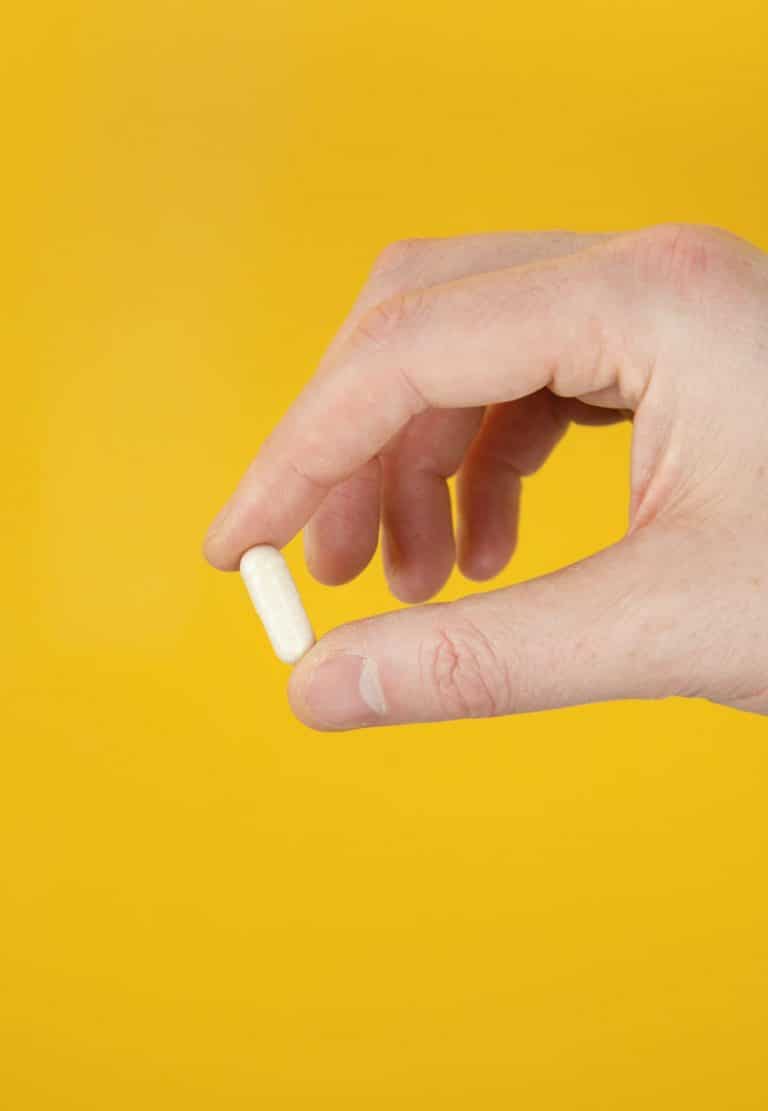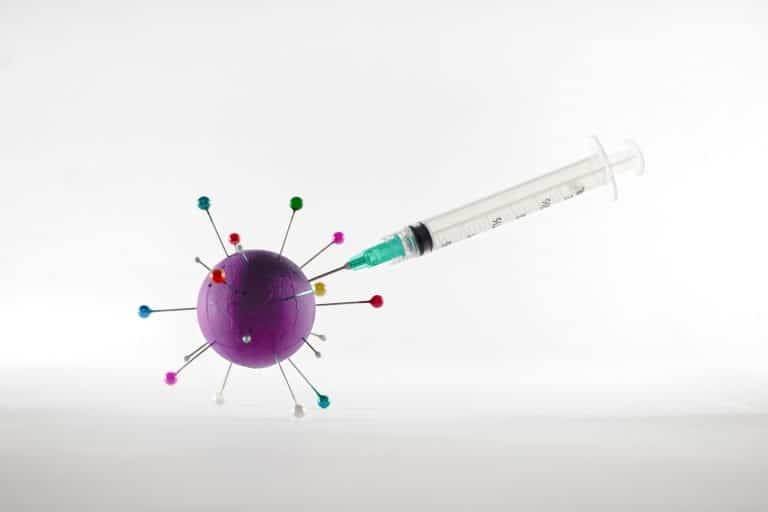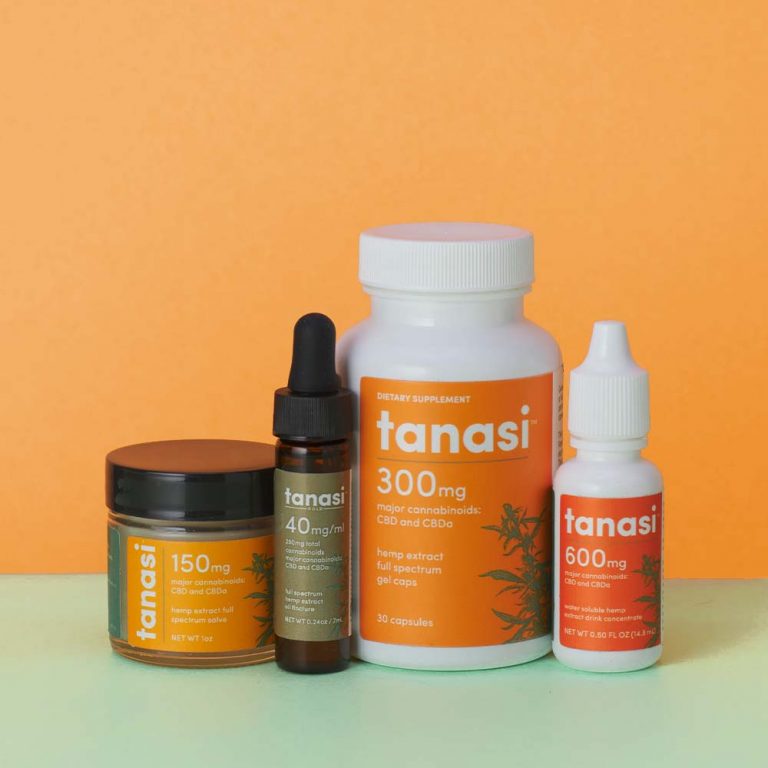Check out these CBD Anti-Inflammatory Properties
Posted on August 31st, 2021
Can CBD anti-inflammatory properties boost your health? Well, injuries, allergies, infections, and auto-immune conditions may all result in internal inflammation. Now, inflammation is a vital immune response that signals your immune system to respond to an underlying condition. But if it continues for prolonged periods, inflammation can affect your overall quality of life. Soon, you may experience symptoms such as pain, swelling or joint stiffness.
Luckily, CBD-infused products have anti-inflammatory and analgesic properties. So a CBD anti-inflammatory may offer relief. Want to know more? Keep reading to discover how CBD works to reduce inflammation.
What Causes Inflammation? 
Typically, the inflammatory response is a natural defense mechanism. It’s meant to help your body eliminate foreign compounds and pathogens. There are two major forms of inflammation: acute, and chronic.
As you might have guessed, acute lasts for a short time. It develops when your body’s tissues or cells sustain damaged. But chronic inflammation can last for months—or sometimes years. And it usually results in negative long-term body effects.
Some of the most popular solutions for chronic pain and inflammatory complications are nonsteroidal anti-inflammatory drugs (NSAIDs). (Acetaminophen may help as well). Still, these pain-alleviating pills come with setbacks. And that’s why many people choose alternative ways to fight pain and inflammation.
CBD Anti-Inflammatory Effects
Heart health
Based on preclinical studies, CBD may offer heart-health advantages. CBD may ease heart inflammation, so it could help manage heart-related disorders like myocarditis. When left untreated, these inflammatory conditions may result in strokes or even permanent brain damage. According to a 2017 random crossover study, a single CBD dose lowered volunteers’ blood pressure. Essentially, CBD lowers pro-inflammatory changes caused by high glucose levels. That prevents damage in your coronary artery’s epithelial cells.
Allergic asthma
This is a complex inflammatory complication. It seems tied to hyper-responsive airways combined with enhanced inflammatory markers. (These include serum IgE, and interleukins.) Some researchers believe CBD could treat allergic asthma since it helps lower pro-inflammatory markers.
Skin health
Many studies suggest that CBD-infused ointment can help inflammatory skin conditions and skin scars. One 2019 study enrolled 20 patients with psoriasis and eczema. For three months, researchers applied topical CBD to lesioned skin regions twice daily. The results suggest that topical CBD improved all aspects of skin health. So the study concludes that CBD is an effective, non-invasive alternative way to manage inflammatory skin conditions.
Inflammation and cancer
About 15 to 20% of cancer-related deaths are linked to inflammatory processes. In fact, there are inflammatory cells in cancerous tumors. Plus, inflammation affects tumor growth regulation and cancer-spread. These mediators include prostaglandins, cytokines, and chemokines.
As a result, researchers are now exploring CBD applications as antitumor agents. Whether this cannabinoid becomes a future cancer treatment will depend on its ability to prevent angiogenesis. (That’s when you develop new blood vessels that feed tumors.) They’ll also explore whether CBD can promote tumor cell death (apoptosis). IN early studies, CBD caused apoptosis in human leukemia cells. But so far, those results only proved possible in a lab setting.
How Do You Choose the Right CBD Anti-Inflammatory Product For Your Condition? 
Right now, scientists are exploring new delivery methods to maximize CBD bio-availability. And while there are many CBD-based Pain Relief Sprays, body oils, Pain Relief Roll-On, creams, and facial serums, choosing the right product can be confusing.
You should always consult your health care provider before using CBD. Still, know that many studies suggest it’s safe, non-toxic, non-psychotropic, and hypoallergenic. CBD may help ease pain and inflammation. So it could offer relief for conditions such as sports injuries, fibromyalgia, acne, arthritis, atopic dermatitis, migraine headache, psoriasis, and more.
The first step is determining your best CBD dosage. It can help if you look at your product label to begin. That should establish the exact CBD amount in every dose you take. Sometimes, you might find products that listing the overall CBD amount in the package. But many will also break down the per-dose amount. Make sure you know the exact amount of CBD you get with every ounce of product.
Usually, CBD products range in strength from 250 mg – 1000 mg per ounce. Once you know that, consider factors like your health disorder, and the seriousness of your symptoms. Your height and weight also impact suggested dosage. But beginning with the product label’s recommended low dose is a great starting point. Then, you can gradually increase, depending on your needs.
Next, choose the type of CBD product. They are usually available in the form of roll-ons, sprays, creams, recovery lotions, body oils, transdermal patches, and gels.
When it comes to purchasing the right CBD-infused product, choose high-quality products that offer maximum therapeutic advantages. Premium product manufacturers are often invested in CBD’s continuing research and have also established quality policies to make sure that every step follows ideal practices.
Can CBD Really Help With Inflammation?
You might still be wondering whether CBD’s anti-inflammatory effects are real? Read on.
Many enzymes and chemical messengers are working together to cause inflammation in the body. And blocking one pathway might prove beneficial for certain forms of inflammation. However, it isn’t the most effective treatment method.
CBD is a great anti-inflammatory since it works via multiple pathways. Doing this helps CBD to stop the inflammatory procedure at many different points in the process. In comparison to common anti-inflammatory drugs like Aspirin — which halts only one enzyme entailed in the inflammatory process — CBD seems to be more effective for fighting inflammation.
What’s The Right Dose of CBD Oil For Inflammation?
With inflammation, the more CBD you take, the better. Most studies on taking cannabinoids for inflammation show a dose-dependent response. That means that the more you use it, then the stronger/powerful the anti-inflammatory effect it causes.
As a result, the recommended dose will differ depending on the level of inflammation.
When it comes to low-grade inflammation — like early arthritis stages — a low strength might achieve the outcome you want. To treat severe inflammation — e.g., autoimmune diseases or inflammatory bowel disease — you might require to choose a medium or high strength.
Key Takeaway: Using CBD for Inflammation
As you’ve learned, CBD is a great anti-inflammatory supplement. For this reason, it is used for numerous different forms of inflammation. Some of the forms of inflammation that CBD works on are autoimmunity, traumatic soft tissue injuries, inflammatory bowel disease, post-surgery inflammation, atherosclerosis, muscle strains, and allergic reactions.
The key to taking CBD effectively for your inflammation condition is to ensure you are only taking premium, full-spectrum extracts that are free from contaminants.
And although you can consume virtually any type of CBD to enjoy anti-inflammatory advantages, it’s recommended to find a high-potency oil because of the simplicity of use, affordability, and long shelf-life.






